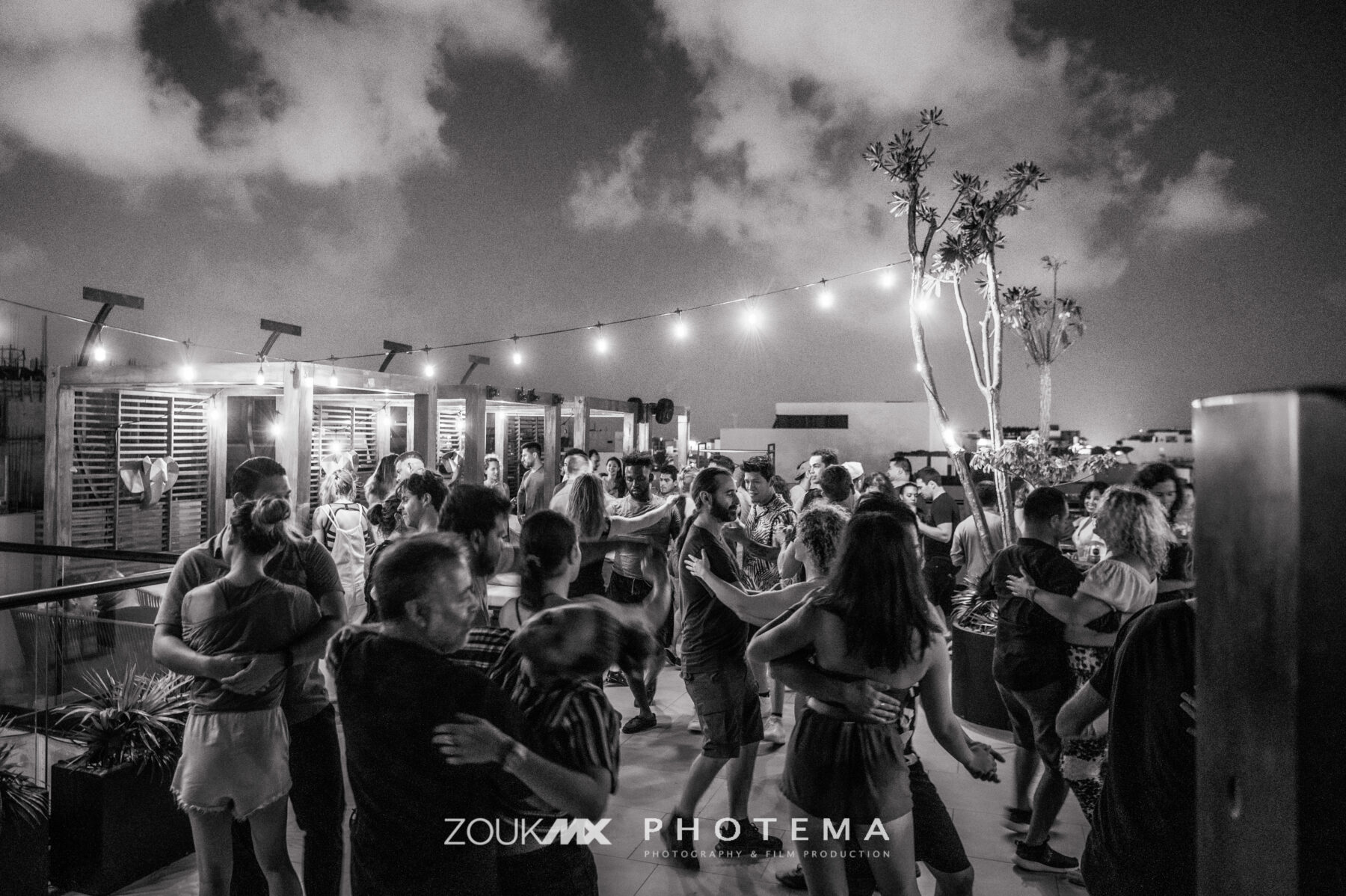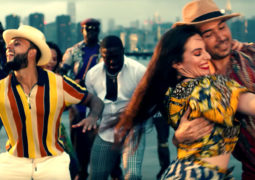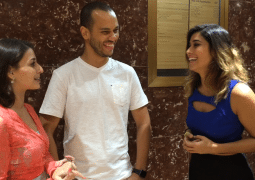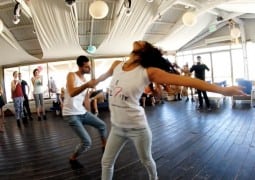The Taxi Dancer Debate, Are We Solving Festival Woes or Adding to Them?

As a Zouk dancer who’s attended some festivals, I know the frustration of standing on the sidelines for hours, waiting for a dance—especially when I was new or when the lead/follow ratio was off in the social. For many, taxi dancers are seen as a potential solution to ease this problem, ensuring that no one is left waiting during the socials. If you’re not familiar, these are dancers hired to make sure no one is left out during the social nights. They fill the gap, dancing with beginners, new people in the community, or even those who feel a little intimidated to ask others to dance. It sounds like a great idea, right? But as someone who cares deeply about the culture and community of Zouk, I can’t help but wonder: Are taxi dancers really the solution we need, or are they just covering up bigger issues?
The Artist Dilemma: Passion vs. Pressure
One thing I’ve noticed, and I’m sure many of you have too, is that the pressure on artists at Zouk festivals can be overwhelming. Not only are they teaching workshops and performing shows, but they’re also expected to be fully present on the dance floor every night, dancing with students for hours. While I know artists love to connect with their fans, it’s easy to see how this expectation can turn their passion into a chore.
I’ve spoken to some artists who admit that, after long days of teaching, they feel tired, and they don’t always want to spend more hours dancing, especially just because they feel they “owe” it to the students. What starts as joy can easily become exhaustion. And that’s where taxi dancers could be a game changer—at least in theory. By stepping in to keep the dance floor moving, taxi dancers could help artists avoid burning out while still ensuring everyone gets their turn to dance.
Pros of Taxi Dancers: Inclusion and Relief
There are definite benefits to having taxi dancers at Zouk events. For starters, they’re a godsend for beginners or anyone who feels shy about asking for dances. I’ve seen beginners standing on the sidelines at festivals, unsure if they’re “good enough” to dance with more experienced dancers. Taxi dancers remove that awkwardness, making sure everyone gets to enjoy the night, no matter their skill level.
They can also be a huge relief for artists. Festivals are tiring enough without the added pressure of feeling obligated to dance for hours. Knowing that there are dedicated dancers whose job is to keep everyone moving allows artists to take a step back, rest, and maybe even enjoy a few dances without the weight of expectation.
Cons of Taxi Dancers: Creating New Pressures
But here’s the flip side. While taxi dancers can ease the load on artists, they also come with their own set of challenges. For one, they might unintentionally create a divide between students and artists. One of the best parts of Zouk festivals is the opportunity to dance with the very people whose videos you’ve been watching and learning from. If taxi dancers start filling that gap, could it create a barrier between the artists and students?
There’s also the question of whether taxi dancers themselves will start to feel the pressure that artists face. Just like artists, taxi dancers could end up feeling like they’re constantly “on duty,” dancing because they have to rather than because they want to. Instead of solving the problem, we might just be shifting it to a new group of people.
Multiplying the Pressure or Solving It?
As someone who has danced as a student and had the privilege of dancing with amazing artists, I wonder if we’re addressing the root issue here. Taxi dancers can certainly relieve some of the physical load on artists, but does it really fix the underlying pressure that both artists and dancers feel in these environments?
Festivals are meant to celebrate dance, but they’re also about connection. The social dance floor is where relationships are built and where beginners can learn from more advanced dancers. Taxi dancers can’t replace the unique experience of connecting with an artist or an advanced dancer in a spontaneous, genuine way. So, are we really solving anything if we just add more people to the dance floor but don’t address the expectation that artists have to be “on” all the time?
Is There a Better Way?
Maybe we should focus on creating a culture at Zouk festivals where dancing is about quality over quantity. Artists shouldn’t feel pressured to dance with every student, but when they do dance, it should come from a place of joy rather than obligation.
Perhaps we can think about better scheduling to give artists the breaks they need or encourage a balance where everyone, including the artists, can enjoy the night without feeling drained. Taxi dancers can still play a role, but they shouldn’t be seen as the ultimate fix to an already complex issue.
Final Thoughts
At the end of the day, Zouk festivals are about connection—with the music, with each other, and with the artists who inspire us. Taxi dancers can definitely help create more opportunities for everyone to enjoy the dance, but we need to be careful not to lose the magic that makes these festivals so special. Rather than seeing taxi dancers as a catch-all solution, let’s look at them as part of a bigger conversation about how we can make Zouk festivals more inclusive, enjoyable, and sustainable for everyone.
About: Sindi Obando
You may also like...
Sorry - Comments are closed







